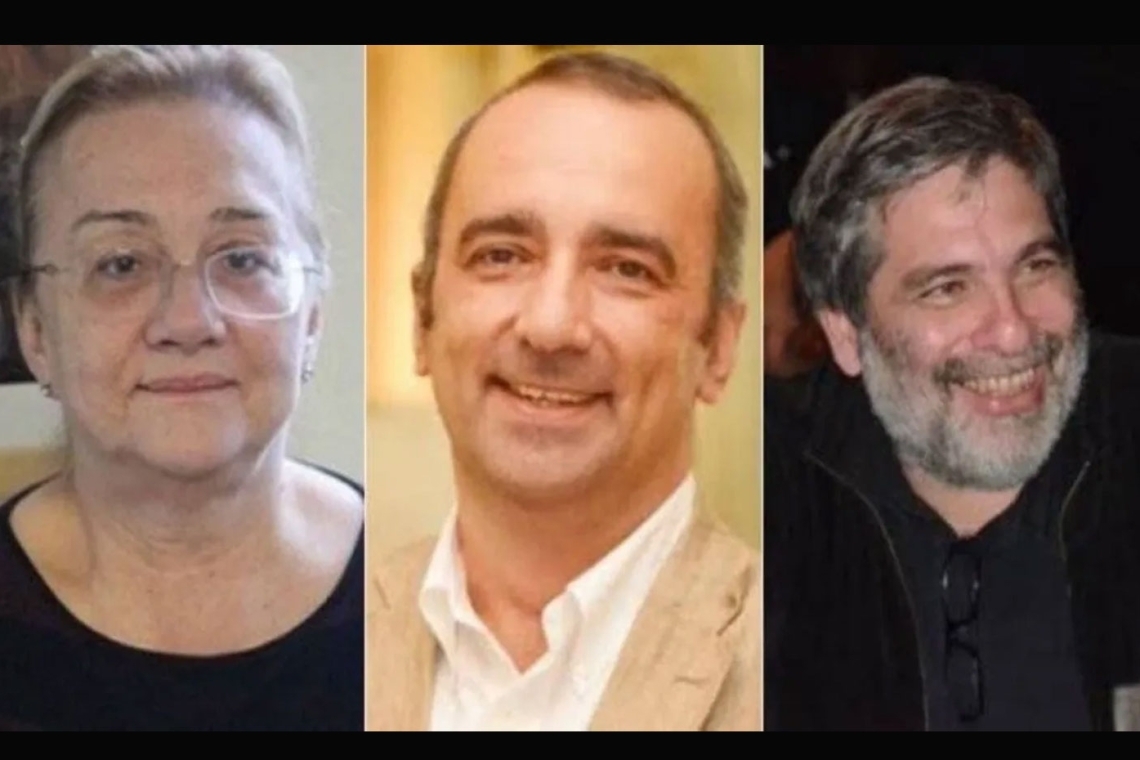February 21, 2024- In the Gezi Park case, the retrial of three defendants, Mücella Yapıcı, Ali Hakan Altınay, and Yiğit Ali Ekmekçi, commenced today at the Istanbul 13th High Criminal Court, following the decision by the 3rd Criminal Chamber of the Court of Cassation to overturn their 18-year prison sentences. The Court of Cassation ruled that the acts attributed to these three defendants did not constitute "aiding and abetting an attempt to overthrow the government of the Republic of Turkey" but should be considered as "opposition to the Law on Meetings and Demonstrations No. 2911."
During the hearing, attended by the defendants' lawyers and the attorney Bayram Şahin Aydınlı representing the Ministry of Interior's General Directorate of Security, judicial control decisions against the defendants were lifted. Ali Hakan Altınay's lawyer, Tora Pekin, criticized the original verdict, saying, "The duty of the judiciary is to identify crimes and criminals, not to write history with its judgments. This case has been an example where the fundamental responsibility of the judiciary was outright ignored."
Pekin continued, emphasizing, "Gezi is not a crime, and the defendants in this file are not criminals. There is not a single piece of evidence in the file that casts a shadow over this truth." The court, adhering to the Court of Cassation's verdict, removed the travel bans against Mücella Yapıcı, Yiğit Ali Ekmekçi, and Hakan Altınay. Additionally, the court requested the Istanbul Police Department to verify whether there are any MOBESE (urban security camera system) footage related to the Gezi Park protests involving the defendants. The court also sought information on any ongoing investigations or public lawsuits against the defendants under the charge of "opposition to Law No. 2911" and adjourned the trial to May 22, 2024, at 11:10 am.
Background of the case
The Court of Cassation completed its appeal review of the Istanbul 13th High Criminal Court's decision on September 28, 2023. Previously, on April 25, 2022, the same court had sentenced Osman Kavala to aggravated life imprisonment for "attempting to overthrow the government of the Republic of Turkey," but acquitted him of charges of "political or military espionage."
The court had also sentenced defendants Can Atalay, Çiğdem Mater Utku, Ali Hakan Altınay, Mine Özerden, Tayfun Kahraman, Ayşe Mücella Yapıcı, and Yiğit Ali Ekmekçi to 18 years in prison each for "aiding and abetting an attempt to overthrow the government of the Republic of Turkey." Following this decision, arrest warrants were issued for these defendants.
The Istanbul Regional Court of Justice upheld the local court's decision. However, the Court of Cassation, after reviewing the appeal, confirmed the conviction of Osman Kavala. It also upheld the convictions of Can Atalay, Tayfun Kahraman, Mine Özerden, and Çiğdem Mater but overturned the 18-year prison sentences of Ali Hakan Altınay, Yiğit Ali Ekmekçi, and Ayşe Mücella Yapıcı. The Court of Cassation's ruling stated that the actions of these defendants should be reevaluated as "opposition to the Law on Meetings and Demonstrations" rather than as aiding and abetting an attempt to overthrow the government. The Court of Cassation ordered the release of Yapıcı and Altınay under judicial control, and both were released on September 28, 2023.
The Gezi Park protests, which began in 2013 in Istanbul's Taksim Gezi Park, evolved into nationwide demonstrations against the government, raising significant attention to issues of freedom of assembly, expression, and the judicial system in Turkey. The handling of this case has been a focal point in discussions about the independence of the judiciary and human rights in Turkey.



